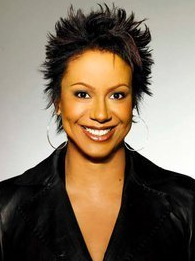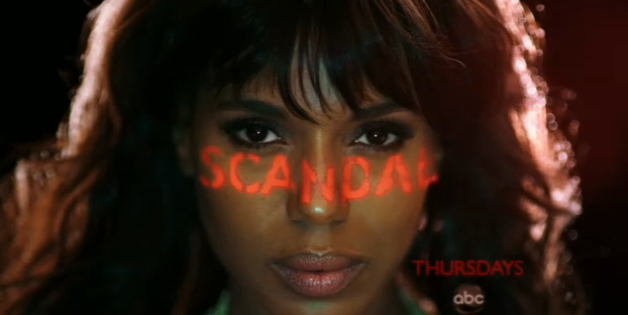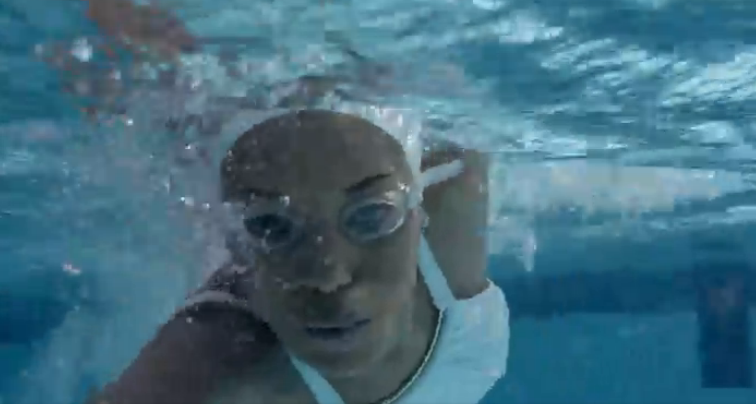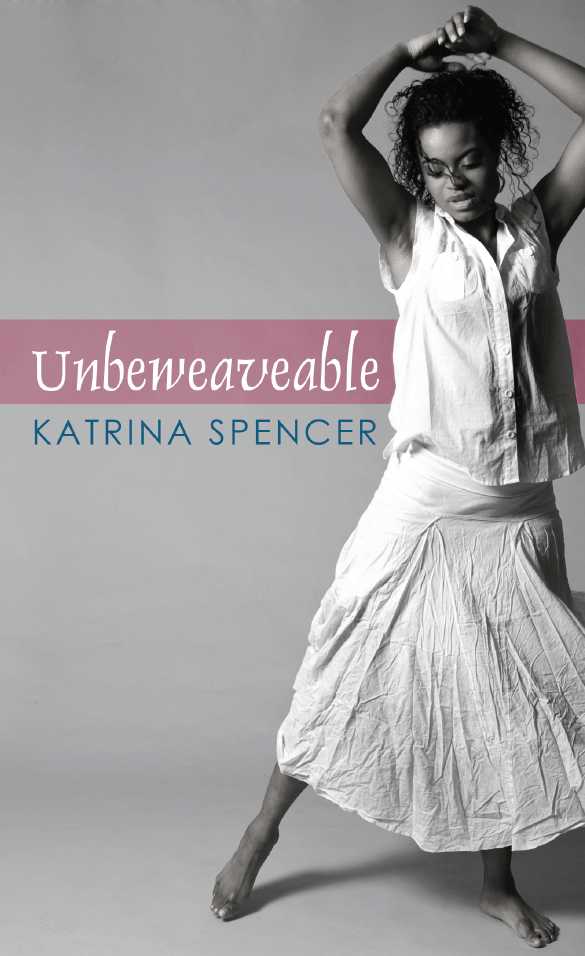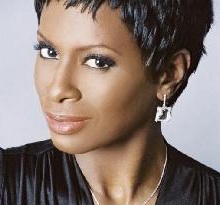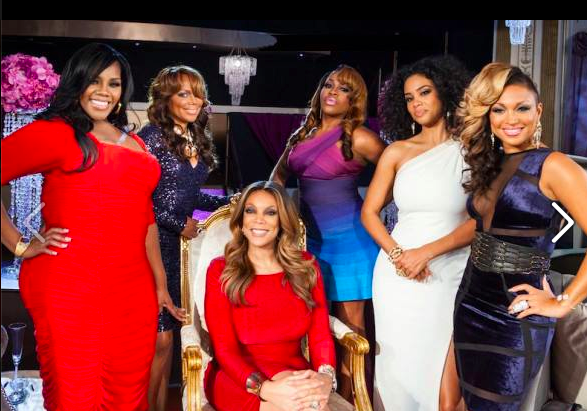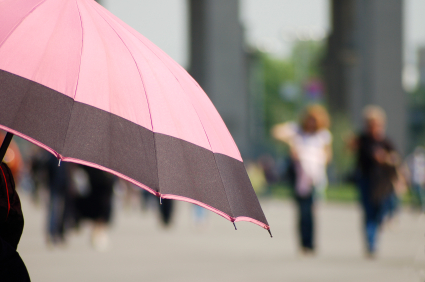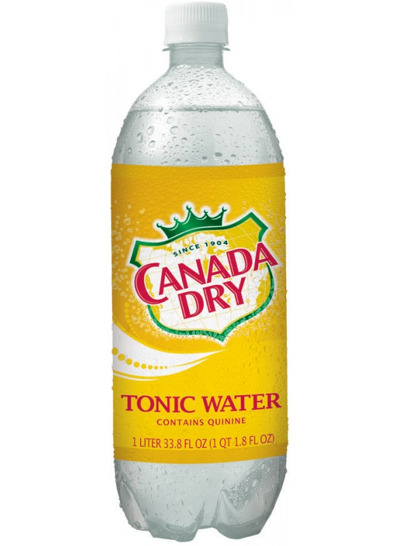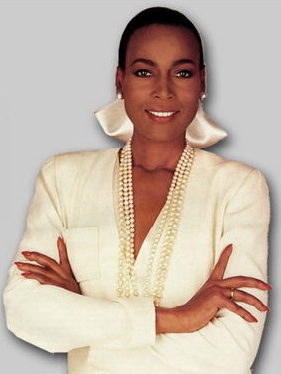Katrina Spencer’s second novel, Unbeweavable, is the story of Mariah Stevens
a successful woman forced to tackle her issues of self-love, self-confidence and
self-acceptance. Recently, I had a chance to discuss these issues, writing and
of course, natural hair with the author. Here’s what she had to say.
RDD: First off, explain how you transitioned from hairstylist to author.
KS: I always knew that I wouldn’t be able to do hair for the rest of my life—I suffer
from sickle-cell anemia and the long hours, plus standing on my feet all day
was doing a number on my body. I come from a creative family and everyone
had to do something with their hands growing up, my mother and sisters knit,
and I did embroidery—even my brother crocheted! My older sister started writing
a book and asked me to take a peek at it. I thought her first two chapters were
great, but she started to lose me on the following chapters and I told her so.
She snatched her papers away and told me she liked to see me do better.
From there, I wrote Six O’clock. Writing filled my creative spirit like hair, but
without all the aches and pains. So I guess you could say I started writing as
a dare!
RDD: Unbeweaveable is your second novel. How does it differ from your debut
novel, Six O’clock?
KS: Unbeweaveable and Six O’clock share the same themes,
women who are struggling with self esteem issues. But my main character in
Unbeweaveable, Mariah, internalizes her pain and begins to use her weave as a
shield. She adapts the old adage, “Get them before they get you,” and becomes
a bit of a bully. I wanted to explore what happens to a woman who depends on
her weave as her lifeline, what would happen to her when that lifeline is gone?
RDD: Lately, there’s been a lot of backlash against relaxers, weaves—even makeup!
How do you feel about that?
KS: It sort of makes me sad actually. As a hairstylist,
I always strived for healthy hair. If I felt your hair could not handle a certain
chemical I wouldn’t do it. Period. Relaxers are not damaging to the hair, it is the
improper use of relaxers that are damaging. I believe that women should never
perform their own relaxers or colors. It is impossible to not overlap when you are
doing it yourself and relaxers should only be applied by trained professionals. I
think that’s why relaxers get the bad rap that they do, because so many people
are using them wrong which causes damage. I think weave though is a women’s
prerogative. A woman wearing weave does not mean she’s “acting white”, she
simply may love the manageability that weave affords her. So it saddens me that
women are attacking each other over the choice of hairstyle they wear. Natural
hair does not mean healthy hair. Neither does relaxed hair. Healthy hair should
be every woman’s goal—and picking another woman apart because she wants
her hair straight, or judging someone for rocking an Afro is downright sad.
RDD: You are an avid weave wearer yourself. Why do you wear a weave?
KS: I’m actually wearing my real hair now in a chin-length bob. I wore a weave
because as a former hairstylist I wanted to advertise what I specialized in—weave.
I wore a weave to show women how beautiful they could be with it. Now that I’m a
writer I don’t feel the need to wear it all the time. Don’t get me wrong, I love my
weave but right now I’m loving my natural hair.
RDD: As someone who has embraced natural hair, but has also provided options as
a stylist do you think we are going too far?
KS: YES! What happened to wearing a
hairstyle that fit your face? Or basing your hairstyle on your budget and lifestyle?
No woman should be bullied into going natural if it doesn’t fit her lifestyle and
the same goes for women who wear relaxers. Don’t pressure your natural sisters
to go straight! Let’s celebrate our differences and stop ragging on each other.
This behavior is even affecting our daughters and we don’t want to give them any
complexes about their hair.
RDD: Both of your books deal with hair. Is this a topic you plan to continue in future
books?
KS: As a new writer I felt very comfortable talking about all things related to
hair—I know the subject well. But you grow as a writer—as with any craft—so I
feel ready to tackle different subject matters. The book I’m writing now doesn’t
deal with hair much—although I did throw in a few hair tidbits here and there…I
couldn’t help myself!
RDD: What do you hope that readers take away from reading Unbeweaveable?
KS: I want them to know that you can’t depend on artificial things to make you happy.
To love yourself to know that you are good enough just the way you are, and defy
everyone’s expectations of what true beauty really is.
RDD: Since you are wearing your real hair what advantages/disadvantages are
there to wearing your real hair vs. wearing a weave?
KS: I have seen my hair products triple
since wearing my own hair! Real hair takes a lot more work, with weave you can
curl it every day and not worry about damage. You can’t do that with your real
hair. So although I love being able to run my hands through my hair and feel
my scalp it’s a lot of hard work to make sure this hair stays where it belongs—
on my head! Once you find a good stylist and choose the best hair, wearing a
weave is surprisingly low maintenance. So the maintenance factor is the biggest
disadvantage to wearing your real hair.
RDD: Do you feel like authors should be taking advantage of Twitter and Facebook?
KS: A few months ago, I was dead-set against
ALL social media. I thought they were a complete waste of time, and too addictive.
But when one of my oldest friends—she’s about 70—sent me an email inviting
me to join Facebook, I knew I was missing out on something. So I joined. Then
I joined Twitter. (Follow me @katrinasspencer insert link http://twitter.com/
katrinasspencer ) And I love them both. I think you have to balance them all; I
have a blog, Curl Up and Write, (insert link here, http://katrinaspencer.com/blog)
too, so you have to find the right balance between everything. On top of that, you
have to find time to write your books too! So it can be a challenge to keep up with
everything, but I discipline myself to not go crazy on either one of them. Authors
now are expected to promote themselves so Twitter and Facebook are great tools
to do that.
RDD: Any advice for new authors?
KS: I would tell anyone that wants to be a writer that
they have to love doing it. This is a very subjective business and while one reader
may love your work, the next may hate. Develop a very thick skin—my mama calls
it alligator skin—so you can handle all the criticism. And try not to be defensive,
really listen to what others have to say, it helps shape you as a writer.
Five words that describe your life right now. Loving every minute of it!
Unbeweavable is in stores now! However, one RDD reader will WIN a copy.
Just leave a comment below. I’ll choose one reader next week!



